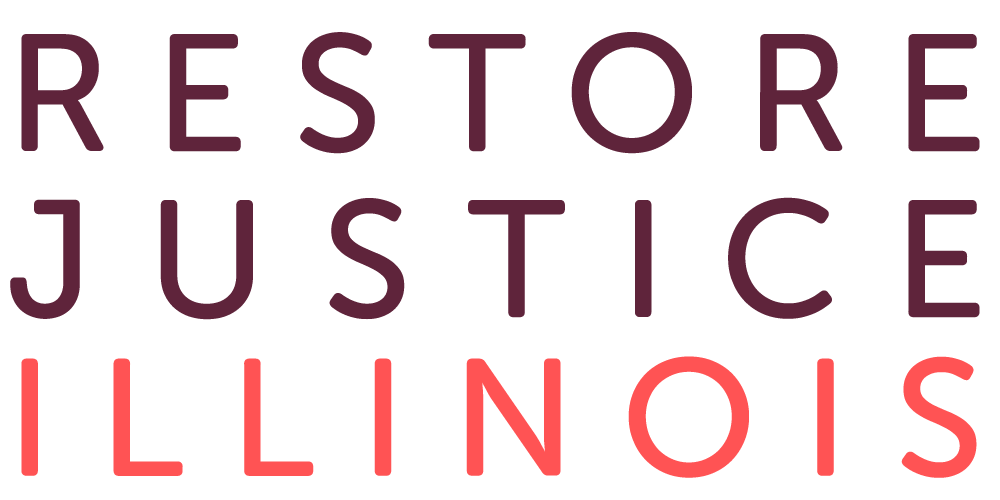For more information:
Jobi Cates, Restore Justice Illinois
773 318 0026 (mobile)
jobi.cates@restorejusticeillinois.org
House Sponsors: Majority Leader Barbara Flynn Currie (D), Representative Lindsay Parkhurst (R)
Senate Sponsor: Senator Don Harmon (D)
HB531 passed the Illinois House 67 – 41 on November 28, 2018 after passing the Illinois State Senate 36 – 17 on May 31, 2017. If signed into law, this bill represents the creation of the first new parole opportunities in the state since 1978.
“This legislation was the result of several years of consensus-building among stakeholders. Victim right’s groups and the State’s Attorney’s Association were neutral on the bill, and it represents a great first step to expanding second chances in Illinois,” said Jobi Cates, executive director of Restore Justice.
Illinois abolished mid-sentence parole review in 1978; despite best efforts of judge at sentencing, it is impossible to predict which citizens change during long sentences.
- The United States Supreme Court affirmed that youth must be treated differently from adults for sentencing in the adult criminal court system.
- The Court rules youthful offenders should be viewed as “categorically less culpable” for their crimes, and that they should have meaningful opportunities for release.
- Illinois has not had a full parole system since 1978, one of only 16 states.
HB 531 SA 1 brings back an improved parole system only for younger offenders.
- Creates mid-sentence parole consideration for those 20 or under when crime occurred.
-
- Consideration after 10 actual years of incarceration for most crimes, with additional consideration hearings at 15 and 20 years if denied release.
- Consideration after 20 actual years of incarceration for first-degree murder and aggravated criminal sexual assault, with additional consideration at 30.
- Does not apply to (A) those sentenced to natural life (B) predatory criminal sexual assault (C) murder of a police officer (or other peace officer),
- Ensures that victims, witnesses, and other concerned citizens may be heard (protecting identities) by the Board whenever release is considered.
- Provides attorneys to indigent applicants to aid in case for parole.
- Prospective only (no one currently incarcerated is eligible).
- Allows for the Board to fully investigate and allow the supervised release of those inmates who have demonstrated actual rehabilitation.
https://restorejustice.org/issues-solutions/why-parole-matters/

